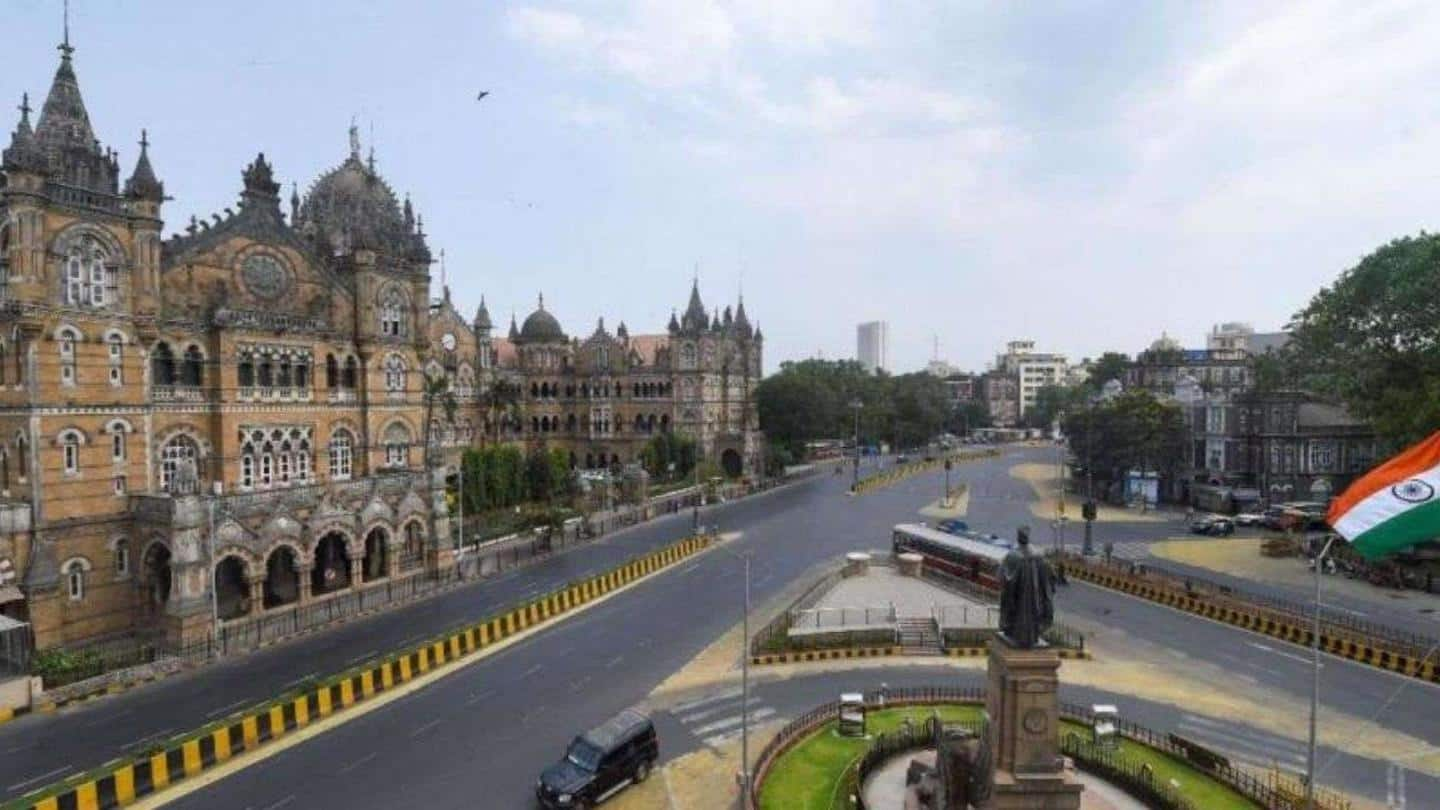
Maharashtra extends restrictions until June 1 to contain COVID-19
What's the story
The Maharashtra government has extended the restrictions put in place to curb the spread of the novel coronavirus until June 1.
An order in this regard was issued earlier today by Chief Secretary Sitaram Kunte.
In addition to the earlier restrictions, the government has now made it mandatory to carry a negative RT-PCR test report for all those coming into the state.
Details
What does the new order state?
According to today's order, activities such as collection, transportation and processing of milk may be allowed without restrictions.
Further, personnel engaged in airport and port services who need to travel for the movement of cargo related to medicines or equipment for COVID-19 management will be allowed to travel in local, mono, and metro services, the order stated.
Details
Disaster Management Authority asked to keep vigil
The Disaster Management Authority (DMA) has been asked to ensure that COVID-19-appropriate behavior is followed in rural markets.
"Local DMA should keep special vigil over rural markets and APMCs and ensure COVID Appropriate Behaviors (sic)," the order said, adding the authority "may decide on a case by case basis to shut these or may impose further restrictions."
Situation
Maharashtra seeing a fall in new cases, deaths
Maharashtra, the worst-hit Indian state in the pandemic, has finally started seeing a fall in its daily cases.
In the past 24 hours, the state logged 46,781 new infections and 816 deaths.
The positivity rate has dropped to 17.36 percent while the death rate is down to 1.49 percent, according to the State Health Department.
State capital Mumbai reported 2,104 cases and 66 fatalities.
Crisis
India's coronavirus crisis
India has been gripped by a dreadful second wave of the coronavirus amid acute shortages of hospital beds, medical oxygen, drugs, and even vaccines.
In the past 24 hours, the country logged 3,62,727 fresh COVID-19 infections. 4,120 deaths were also recorded during the said period.
India has fully vaccinated just 2.5 percent of its population of 1.4 billion.